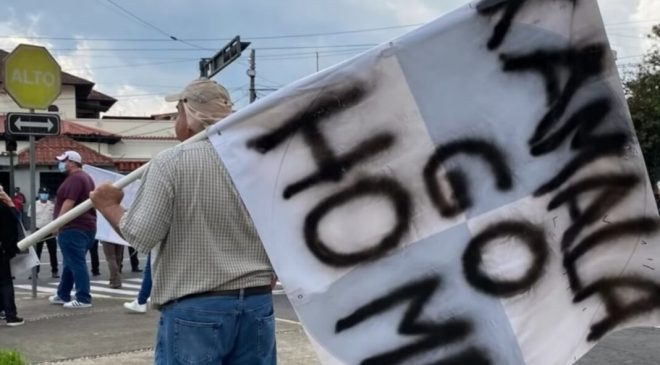After every disaster, we are told that there will be economic benefits due to the cleanup efforts. It’s obvious that many people will be working to rebuild, and will collect salaries, and will spend on all sorts of things. No doubt, there will be a blip in the local “domestic product.”
But if that’s the entire story, why wait for a disaster? Why not take a wrecking ball to your own city, in order to spur demand and production?
Whatever resources are used to rebuild after the disaster could alternatively be used for something else – such as a more thoughtful plan to replace or upgrade or re-purpose worn-out or obsolete structures and machinery, Or to create new homes, factories, products. This is the “unseen” part of the Broken Window Fallacy.
It is the GDP which is broken; it counts all spending as equivalent. It does not count the value of capital goods – housing, infrastructure, machinery, and so forth. It asks not whether the quality of spending is good or bad; only whether it is spent or not. That’s a poor way to measure an economy.




